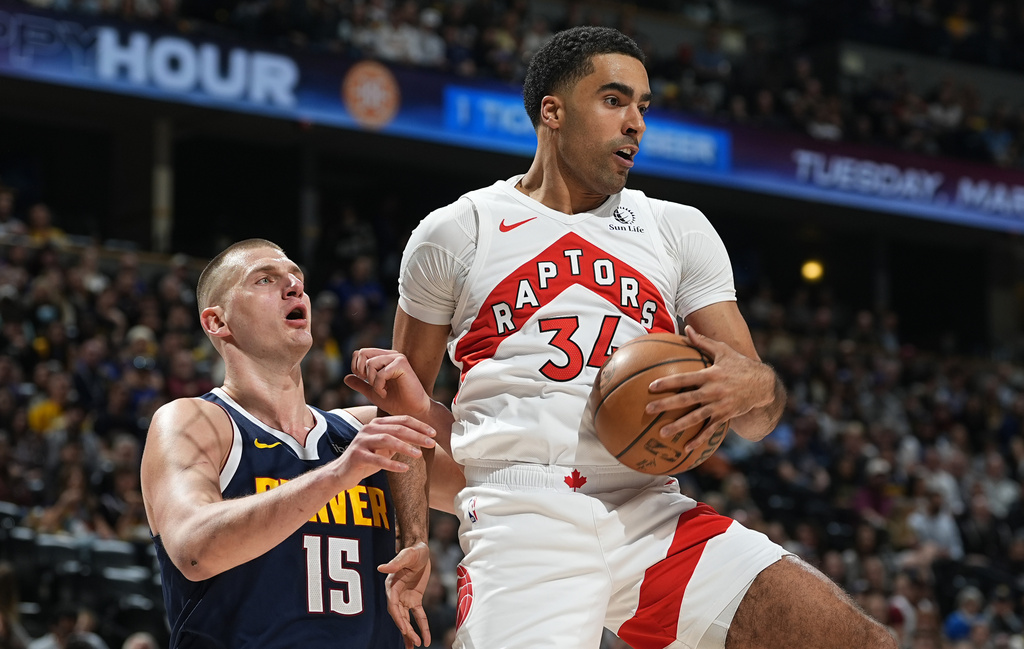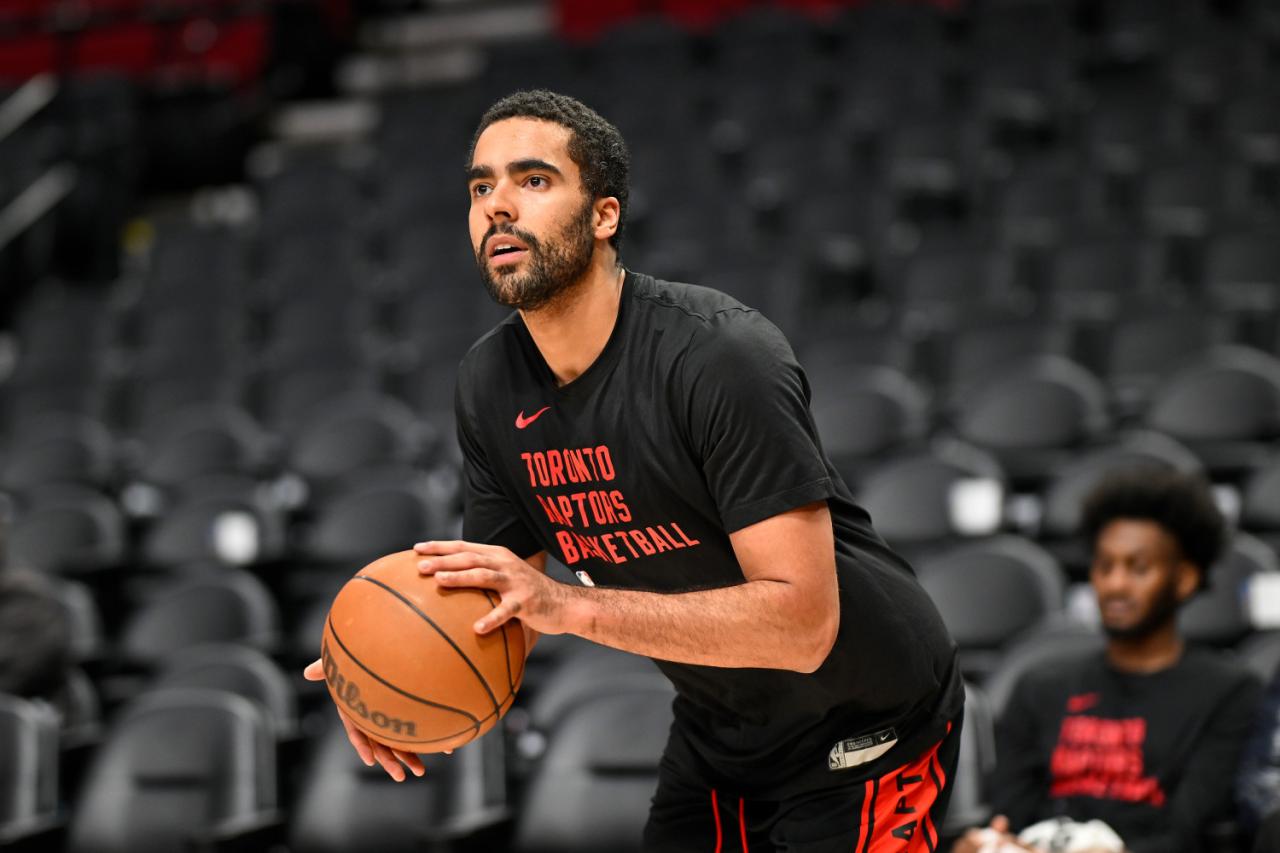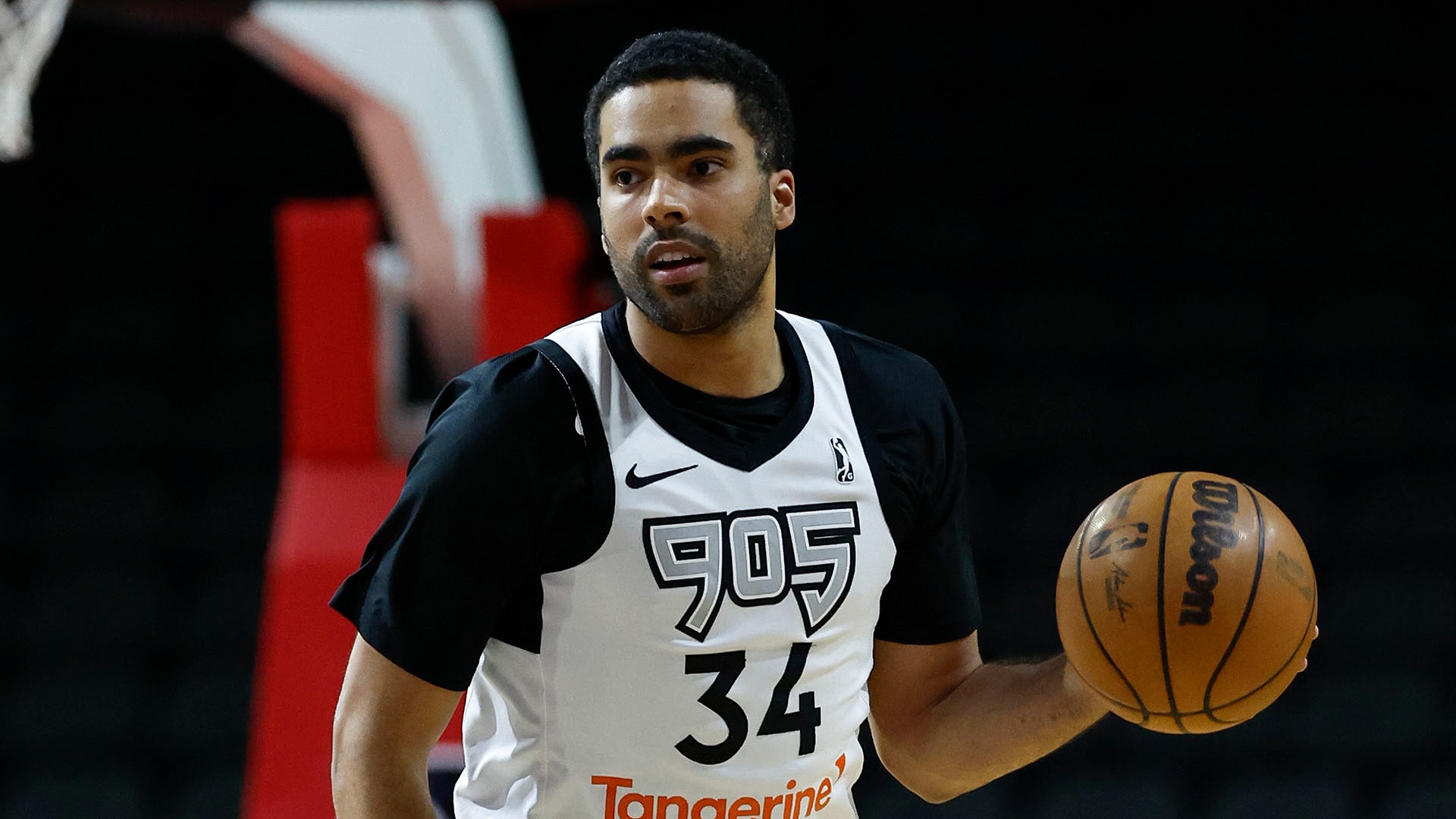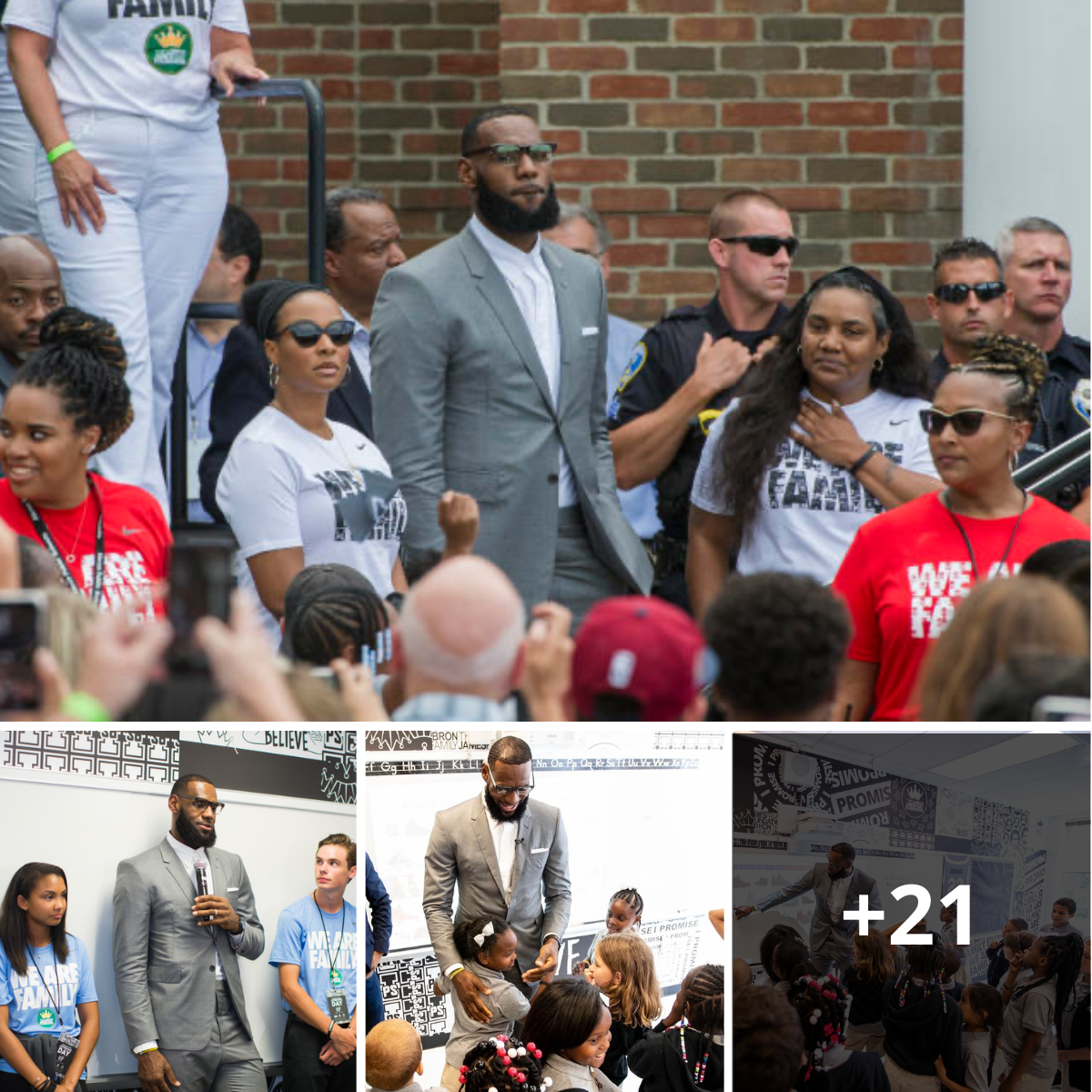
Once again, the spotlight is back on organized sports and its relationship with legalized gambling after the NBA banned Toronto Raptors center Jontay Porter for multiple violations of its gambling policy, including a three-month stretch this year in which he placed 13 bets on NBA games while using an associate’s online betting account.
There are levels of stupidity, just as there are degrees of dumb, and Porter measures off the chart in both. He violated the policy despite knowing, like the rest of the sports-watching world, that NBA employees are prohibited from betting on the league or their own teams. And to do it for what amounted to net winnings of just under $22,000? I mean, if you’re going to throw away your career and soil your family name, shouldn’t it be for more than the cost of a full tank of gas? Well, that’s what it feels like a full tank costs in California.
I shouldn’t joke about it, but this was all so predictable. Leagues and team owners knew this type of behavior was not only possible but inevitable when they jumped into bed with organized gambling. History has taught us — and continues to teach us — that people always believe they can cheat the system, that they can catch the watchdog napping. It’s called human nature.

Porter likely is not the only one to engage in such behavior; he just happens to be the one who got caught. Pro sports leagues and their owners have no one to blame but themselves for placing more value on maximized revenue streams than the pious “integrity of the game” mantra they recite in these types of situations.
The following has been released by the NBA. pic.twitter.com/h2TIkaE7xs
— NBA Communications (@NBAPR) April 17, 2024
But what’s done is done. The clock isn’t going to be turned back. Sports leagues and players, who share gaming revenues as part of their collective bargaining agreements, are not going to turn off the financial spigot, and media outlets such as The Athletic and ESPN (which has launched its own business with ESPN BET) now view their partnerships with gambling sites as expected sources of revenue.
Still, major professional leagues need to find a way to better protect the integrity of their games, and one way is to adopt a uniform, zero-tolerance policy when it comes to employee wagering. Could they impose such a rule? Several labor attorneys told me Wednesday it’s open to interpretation. They contend that leagues have the right to impose workplace rules and policies, but any discipline would likely have to be collectively bargained because it would impact the terms and conditions of employment.
To me, that’s a fight worth having, even if it means going to court. Want to be a member of our league? Fine, but no wagering on ANY organized sport. Period. Paragraph. End of story. Violate the policy and it’s a lifetime ban. No ifs, ands or appeals.
Straightforward and concise. Written in ink, not pencil. Black and white, not gray.
The NFL suspended at least 10 players last year for violations of its anti-gambling policy, but some of that could be traced to carve-outs and work-arounds in the policy. For instance, players could wager on every sport but their own (pretty clear), but they had to be away from team facilities. So players can’t bet in their locker rooms, but they can step outside, cross the street and bet as much as they like.
The situation could have been avoided with a zero-tolerance policy, but the NFL opted not to go that route even when adjusting its policy last year for betting on NFL games, upping its discipline to include an automatic one-year suspension that increases to two if the bet is on a player’s own team. The current policy allows a pathway to return via post-suspension appeals. Only game-fixing for gambling purposes commands a permanent ban.
The NBA policy is equally confounding. It prohibits all employees — players, coaches, staff, referees — from gambling on its games but has a wide-ranging disciplinary schedule that includes fines, suspensions and contract termination, rather than an automatic permanent ban.
“There is nothing more important than protecting the integrity of NBA competition for our fans, our teams and everyone associated with our sport, which is why Jontay Porter’s blatant violations of our gaming rules are being met with the most severe punishment,” commissioner Adam Silver said in a statement. “While legal sports betting creates transparency that helps identify suspicious or abnormal activity, this matter also raises important issues about the sufficiency of the regulatory framework currently in place, including the types of bets offered on our games and players. Working closely with all relevant stakeholders across the industry, we will continue to work diligently to safeguard our league and game.”






